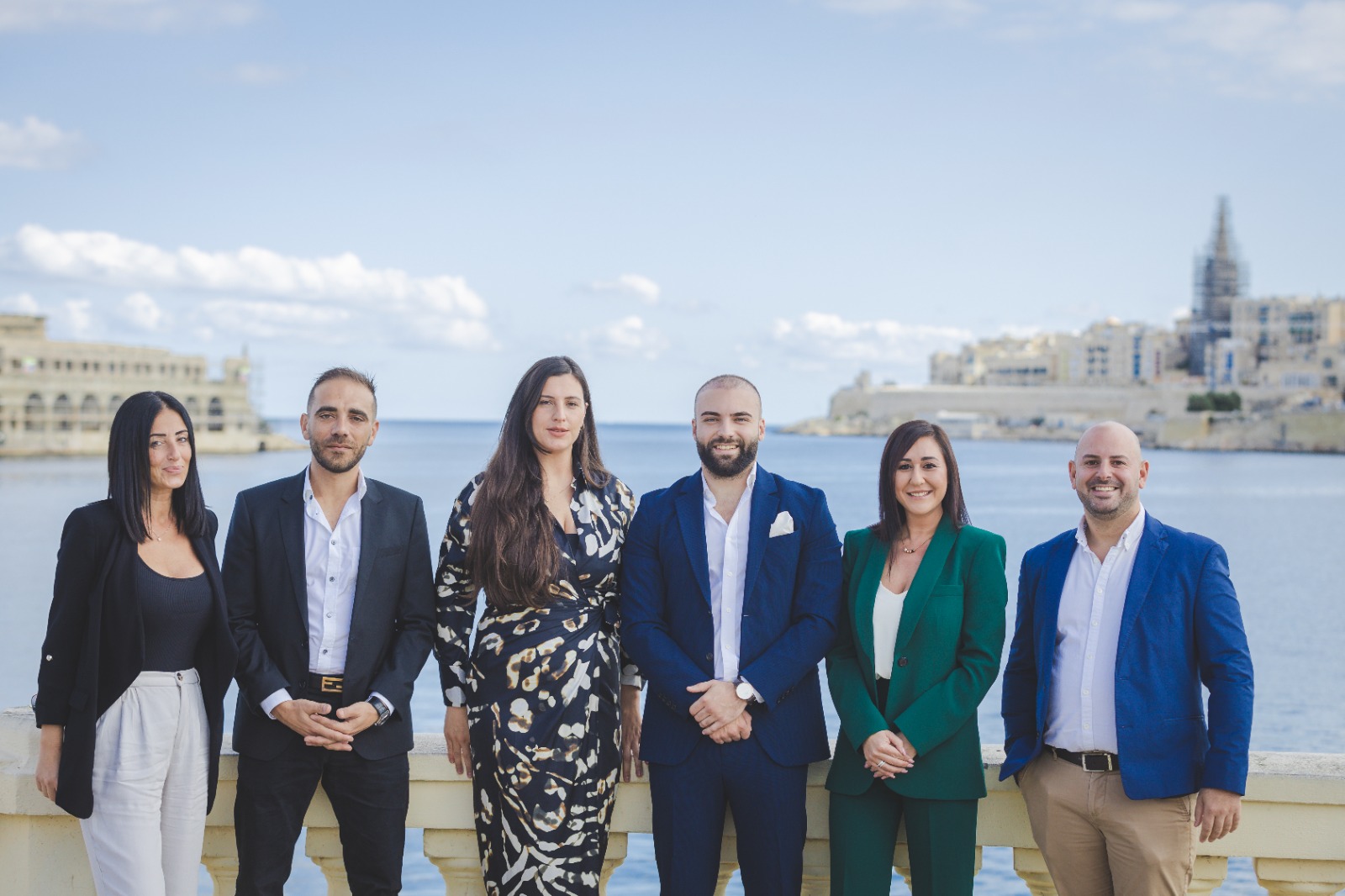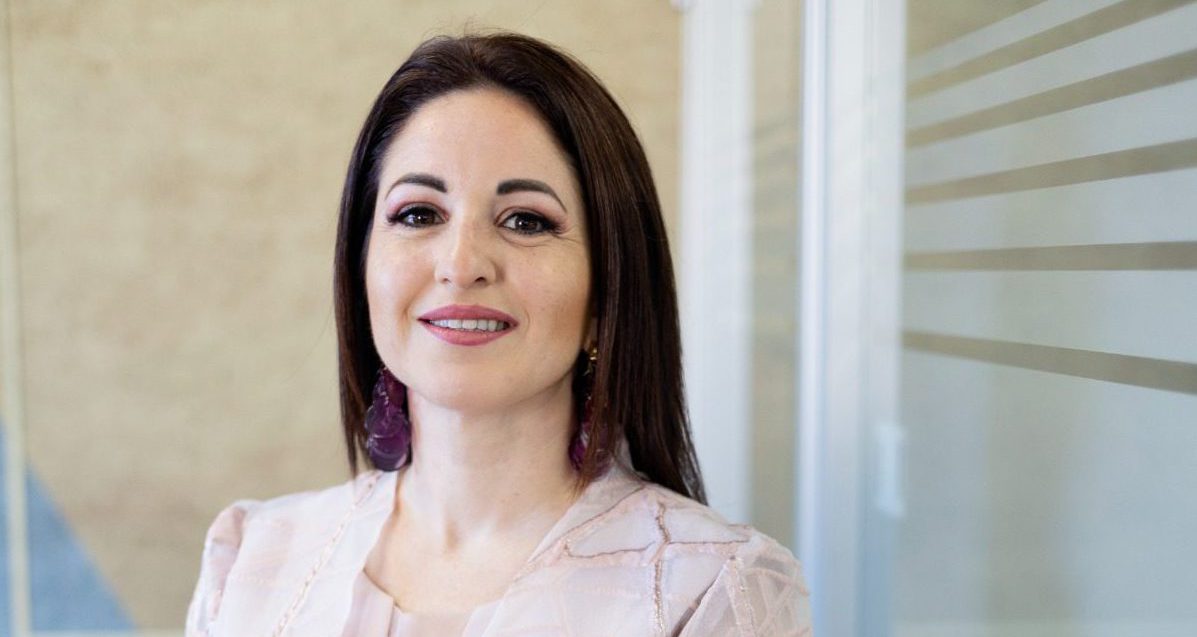There is no shortage of problems facing the world today. Price shocks associated with supply chain issues that are only slowly being resolved and an energy crisis caused by Russia’s invasion of Ukraine have led Central Banks to increase their base interest rates, creating a perfect storm of events that is seeing the global economy veering into recession.
Malta has typically avoided being dragged down by global developments, but could these gathering storms impact the local economy, and the property market by extension?
Justin Camilleri, CEO of Real Agents, is confident that no matter the strength of the storm, Maltese real estate will hold fast, pointing out that local property prices have never decreased by any significant amount.
“When I was young,” he says, “Malta was already the densest country in Europe, by a mile. And that was a Malta that was completely different to the country we have today. We’ve seen our population increase by a quarter in just 10 years. The demand is sky high, and the housing supply on a small island is what it is. Simply put, there is little to no chance that the real estate market will ever suffer a crash.”

Talk of a price bubble continues to crop up, on occasion, but, as Mr Camilleri notes, such speculation has been ongoing for the better part of a decade, with no indication that it has any basis.
“Over the next 20 years, the premium on land will only continue to increase,” he says, with ‘land’ here being a carefully chosen term that the experienced real estate consultant is happy to delve into.
“Property having ownership of the full site – from the land to the airspace – is most likely to see the greatest appreciation over the medium term,” he says, “and it is currently at a discount. The time to invest is now, because that will not remain so forever.”
Asked to explain what he means by a discount, Mr Camilleri explains that the downside to many older homes, judged by today’s standards, is the lack of a garage, which is seen as an essential ‘must-have’ by many.
“In fact, we have seen garage prices skyrocket at a faster rate than other property types. What was once worth a few thousand today fetches €35,000.”
He continues: “homes without a garage therefore have a disadvantage in today’s market, but this may present an opportunity for those with a long investment horizon. The supply of land will continue decreasing, and those who have it may benefit from this, if they wait long enough.”
For those looking to live in the property, or perhaps rent it out, older builds may also throw up several inconveniences, from the lack of modern insulation to the increased cost of maintenance, all of which contribute to the great value-for-money presented by such opportunities, when compared to apartments.
Mr Camilleri explains that while certain properties could be valuable due to their potential for development, others, particularly those in Urban Conservation Areas, present other economic opportunities.
Over the last years, the interlinkages between the real estate and tourism sectors have grown stronger. The sharp increase in the number of tourists visiting the Maltese Islands led many households to purchase their own investment property and make it available for short-let to take advantage of the high returns available.

However, as the COVID-19 pandemic ripped through the tourism sector, many owners put these short-let properties on the long-let market, leading to a reduction, for a while, in average rental prices.
Tourist numbers are expected to make a full comeback by 2024, but by then another phenomenon will be impacting the market for tourist accommodation – the large number of hotel rooms expected to flood the market over the coming years, as estimated in a ground-breaking study published in October by audit firm Deloitte.
Mr Camilleri is doubtful whether the opportunities available in the latter half of the 2010s will ever make a comeback, especially for those properties lacking in distinctiveness.
“As a tourist, I would have a taste of the local history and culture, touch the real Maltese stone, and not stay at a nondescript apartment like a thousand others. At least, not unless the modern offering has its own attractions, like a luxury finish or a great view.”
“The tourism value of an older property lasts far longer than its value as a residence,” he argues. “Lack of a garage is a deal breaker for many residents, but is practically inconsequential for a tourist. The attraction of such places is precisely because tourists can have a slice of life experience,” adding that it this potential that can save Malta’s unique cultural heritage.
Inflows of capital do not happen in a vacuum, however, and have effects on the market that can be hard to stomach by younger generations looking for a place to call their own. The issue, Mr Camilleri asserts, is that people who were raised in, and grown accustomed to, large properties, need to lower their sights.
“We see young people used to life in their parents’ house looking for similarly sized properties, in the region of 200sqm. This kind of real estate today is priced in the region of €400,000. It is no longer suitable for the average first-time buyer.”
Being unacquainted with current realities is a sure path to disappointment, but Mr Camilleri believes that increasing the housing stock could alleviate these pressures.
He asserts that “we shouldn’t be afraid to go higher,” stressing that his is simply an idea from someone who would like to see an improvement in the contribution of the real estate sector to national life.
“Building taller developments and limiting excavation can be a win-win situation for everyone involved. Imagine having the ground and first floors, instead of basement levels, dedicated to parking,” he says. “Excavation is such a costly endeavour – financially, socially, and environmentally, that we should do our utmost to limit it to where and when it is simply unavoidable.”
While this is just an example, he says it is imperative that Government works closely with the Kamra tal-Periti to give more freedom in architectural design to keep improving the quality and aesthetic value of Maltese property.
Turning finally to the continuing growth of Real Agents, the agency he launched in 2020, Mr Camilleri recounts that the firm is currently working on opening an office in Mosta while carefully expanding the team.
“Our vision has not changed. Our focus on experienced property consultants remains the same, and I am proud to say that all our agents, thanks to their long history in the sector, are able to provide unparalleled service to our clients.”
“Our commitment to innovation stands strong. We are an outward-looking team striving to bring the latest technology and developments to Malta, and the future looks bright.”
Featured Image:
All photos by Inigo Taylor
Uniplural Group: ‘Our brand transformation fortifies our position as a one-stop-shop within the community’
The newly rebranded Uniplural Group provides a diversity of care services strategically united to embrace emerging growth prospects
Print&Merchandise embracing sustainable merchandising solutions
Janice Calleja, manager at Print&Merchandise, highlights the company's high-quality, bespoke services, alongside its evolution towards eco-friendly solutions
‘Regulating what is happening today is only part of what we do at the Malta Communications Authority’
Inġ Antoine Sciberras explains how the regulatory authority strikes a balance between healthy competition, and facilitating new tech investment





